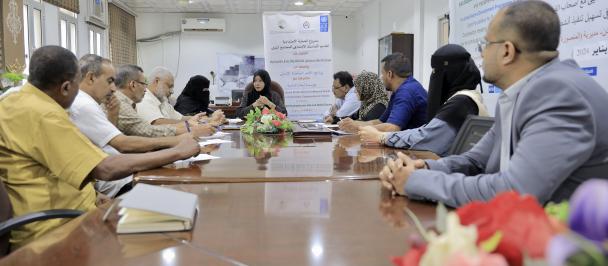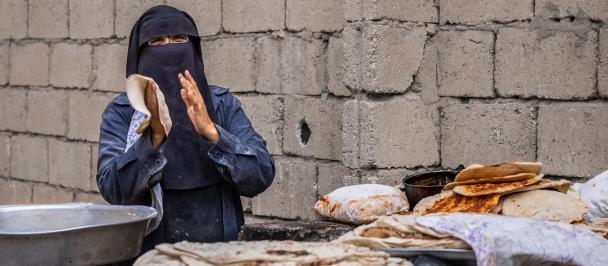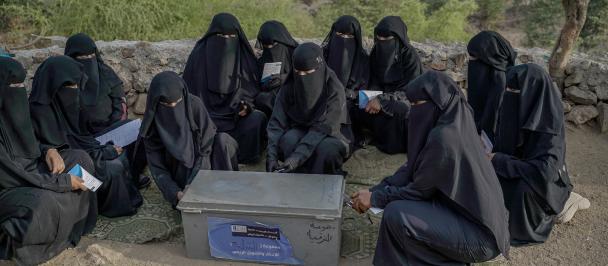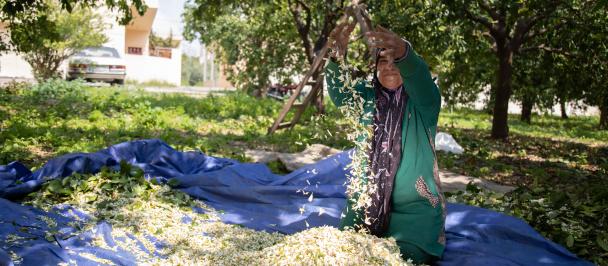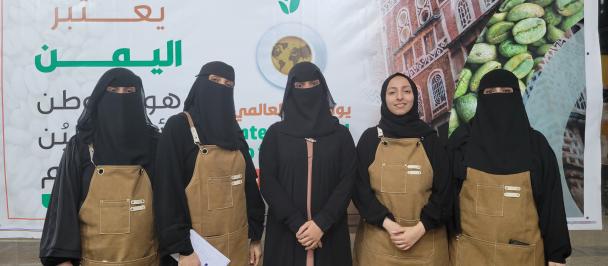Open dialogue in Basra emphasizes the importance of Anti-Domestic Violence Law
December 18, 2022
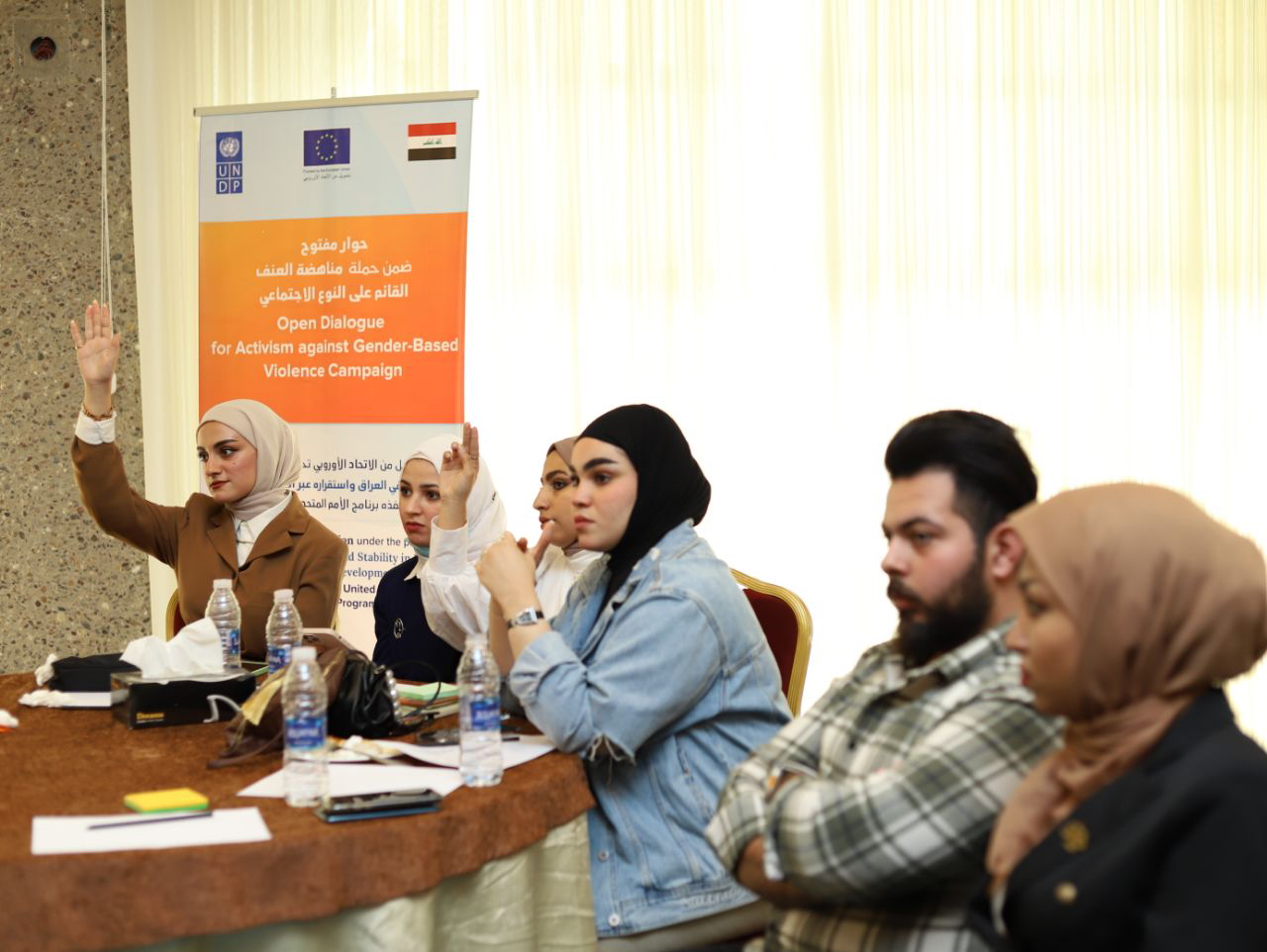
Domestic violence is a pressing issue, affecting many households. UNDP Iraq is focused on setting standards for fighting domestic violence and supporting respectful, survivor-focused care across Iraqi governorates, ensuring a community-centered approach in combating Gender-Based Violence (GBV).
UNDP has organized an open dialogue in Basra with women and men from different backgrounds to discuss the best approaches to end GBV, as part of the “16 days of activism to end violence against women and girls,” campaign, under the Supporting Recovery and Stability in Iraq through Local Development Programme, funded by the European Union.
The event brought together more than 52 men and women, with discussion surrounding the need for UN agencies, civil society organizations, government agencies, academic and research institutes and other partners to support and scale-up their efforts to end violence against women including through preventative programming, service delivery, policy, and laws.
Inas Ismail, who leads the office for women empowerment in Basra, spoke about the importance of such campaigns, stressing that, “The law in Iraq prevents violence against women, but more should be done in that regard, especially when it comes to implementation.”
Ms. Ismail referred to several obstacles hindering access to justice in Basra, including stereotypes and prejudices in society as well as lack of information about rights and lack of accessibility to legal aid.
Commander Ali Hassan Taleb, Head of the family protection unit in Basra, reiterated the determination of local authorities to bring those to justice who are guilty of violence and to prevent re-victimization. He confirmed that the relevant department in the governorate is ensuring that victims are treated with compassion and respect and that they have access to justice.
Recommendations discussed include the need to highlight the importance of Anti-Domestic Violence Law, to scale-up advocacy efforts in media and to have a coordinated and integrated justice response leading to the conviction of perpetrators and contributing to the safety and well-being of survivors and preventing re-victimization. Participants stressed the need for stronger policies to fight violence and to strengthen cooperation with religious leaders to spread awareness about Gender-based Violence in schools and mosques.
The Supporting Recovery and Stability in Iraq through Local Development Programme aims to help the Government of Iraq to strengthen the efficiency of the country’s institutions and renew the social contract between citizens and the state. It revolves around improving the ability of selected governorates to efficiently manage local government and public services. Economic growth and job creation are prioritized, with a focus on green projects involving youth and women.

 Locations
Locations